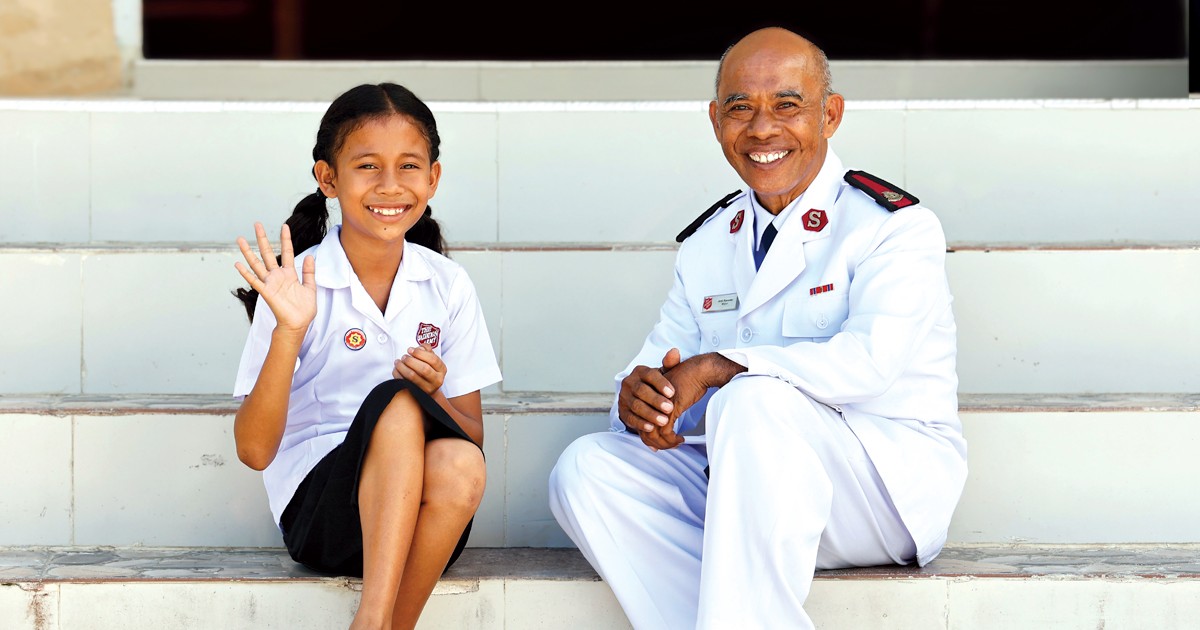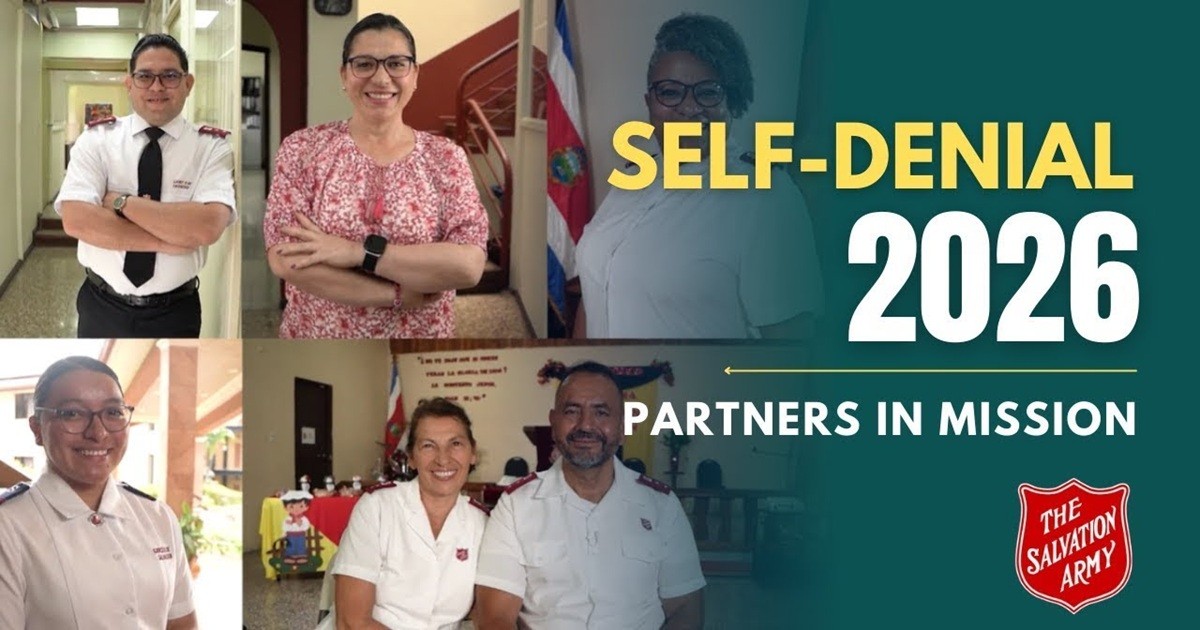For as long as I can remember, I always felt like an outsider, even in my own French-Canadian, Catholic family. I had doubts about who my real father was. At school, my physical appearance—red hair, freckles, “Coke-bottle” glasses, awkward tallness—didn't help and I was bullied. I had no friends and no other escape but the neighbourhood library, where I read about other countries to escape my miserable world.
When I started at a new high school, I hoped things would be different. But on the first day, at lunchtime in the cafeteria, people at one table after another said “not here” as I looked for a seat. I felt horrible and worthless, as if I had a disease.
There was only one table left, at the back of the cafeteria, where the “rejects” sat. I learned they were young immigrants—refugees from Vietnam, Lebanon, Guatemala and Haiti. Not only did they let me sit with them, they were glad that a Quebecois was willing to be seen in their company. They welcomed me. Finally, I belonged.
My new friends were very generous and gentle with me. They thought my red hair and freckles were cute and they were curious about the food I brought for lunch. They often asked for my help with their homework and made me feel important and intelligent.
I was just as fascinated by them, by our differences, in skin colour, language, culture and food, but also by our similarities, in simply being human—sharing laughter and tears. The fact that they were born in another country intrigued me and I wanted to know their stories. I was often invited to their homes, and their parents made me feel like a member of the family. They were happy to see their children adapting to a new country and making friends. I admired the courage they showed in making sacrifices for their children—their stories were like a movie to me.
As I laughed with my friends, helping them practise French and trying to learn words in their mother tongues, I discovered I had a gift for languages. So after high school and CEGEP (a university preparation course in Quebec), I studied translation at university.
A few years later, I met a young Cuban whose future in Canada was uncertain. We fell in love, got married and lived through the ordeal of immigration bureaucracy for seven years—the fear of living without official papers, the frustration of doors closing one after another, the impossibility of long-term planning—until he was finally allowed to stay in Canada for good.
By then fluent in six languages, I started working for a non-governmental organization that specialized in immigration and refugee issues. I learned how to advocate for others as we lived through the same experience ourselves.
In 2002, through The Salvation Army, I became a Christian and decided to work for this extraordinary international organization. I have been the immigrant and refugee services program co-ordinator for Montreal Citadel since 2008. It is more than a job; it is a vocation, a calling. If I meet a stranger or hear an accent, I can't help myself—I say hello, offer help, invite them to church, tell them about Jesus.
Throughout the Old Testament, we see God's care for the stranger. “When foreigners reside among you in your land, do not mistreat them. The foreigners residing among you must be treated as your native-born. Love them as yourself, for you were foreigners in Egypt” (Leviticus 19:33-34). In the New Testament, we see Jesus living as a refugee in Egypt with his parents, and later, as an adult, having “no place to lay his head” (Matthew 8:20). God knows the hearts of immigrants and refugees. He knows their hopes and fears, their loneliness and need to belong. Jesus said, “I was a stranger and you invited me in” (Matthew 25:35).
Throughout my life, I witnessed and lived what it is like to be a stranger and to receive welcome—and now it is my passion to welcome others.
When I started at a new high school, I hoped things would be different. But on the first day, at lunchtime in the cafeteria, people at one table after another said “not here” as I looked for a seat. I felt horrible and worthless, as if I had a disease.
There was only one table left, at the back of the cafeteria, where the “rejects” sat. I learned they were young immigrants—refugees from Vietnam, Lebanon, Guatemala and Haiti. Not only did they let me sit with them, they were glad that a Quebecois was willing to be seen in their company. They welcomed me. Finally, I belonged.
My new friends were very generous and gentle with me. They thought my red hair and freckles were cute and they were curious about the food I brought for lunch. They often asked for my help with their homework and made me feel important and intelligent.
I was just as fascinated by them, by our differences, in skin colour, language, culture and food, but also by our similarities, in simply being human—sharing laughter and tears. The fact that they were born in another country intrigued me and I wanted to know their stories. I was often invited to their homes, and their parents made me feel like a member of the family. They were happy to see their children adapting to a new country and making friends. I admired the courage they showed in making sacrifices for their children—their stories were like a movie to me.
As I laughed with my friends, helping them practise French and trying to learn words in their mother tongues, I discovered I had a gift for languages. So after high school and CEGEP (a university preparation course in Quebec), I studied translation at university.
A few years later, I met a young Cuban whose future in Canada was uncertain. We fell in love, got married and lived through the ordeal of immigration bureaucracy for seven years—the fear of living without official papers, the frustration of doors closing one after another, the impossibility of long-term planning—until he was finally allowed to stay in Canada for good.
By then fluent in six languages, I started working for a non-governmental organization that specialized in immigration and refugee issues. I learned how to advocate for others as we lived through the same experience ourselves.
In 2002, through The Salvation Army, I became a Christian and decided to work for this extraordinary international organization. I have been the immigrant and refugee services program co-ordinator for Montreal Citadel since 2008. It is more than a job; it is a vocation, a calling. If I meet a stranger or hear an accent, I can't help myself—I say hello, offer help, invite them to church, tell them about Jesus.
Throughout the Old Testament, we see God's care for the stranger. “When foreigners reside among you in your land, do not mistreat them. The foreigners residing among you must be treated as your native-born. Love them as yourself, for you were foreigners in Egypt” (Leviticus 19:33-34). In the New Testament, we see Jesus living as a refugee in Egypt with his parents, and later, as an adult, having “no place to lay his head” (Matthew 8:20). God knows the hearts of immigrants and refugees. He knows their hopes and fears, their loneliness and need to belong. Jesus said, “I was a stranger and you invited me in” (Matthew 25:35).
Throughout my life, I witnessed and lived what it is like to be a stranger and to receive welcome—and now it is my passion to welcome others.










Leave a Comment